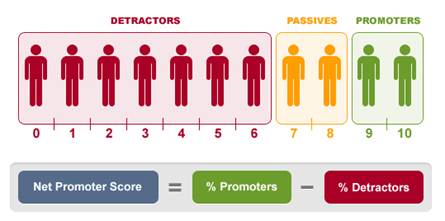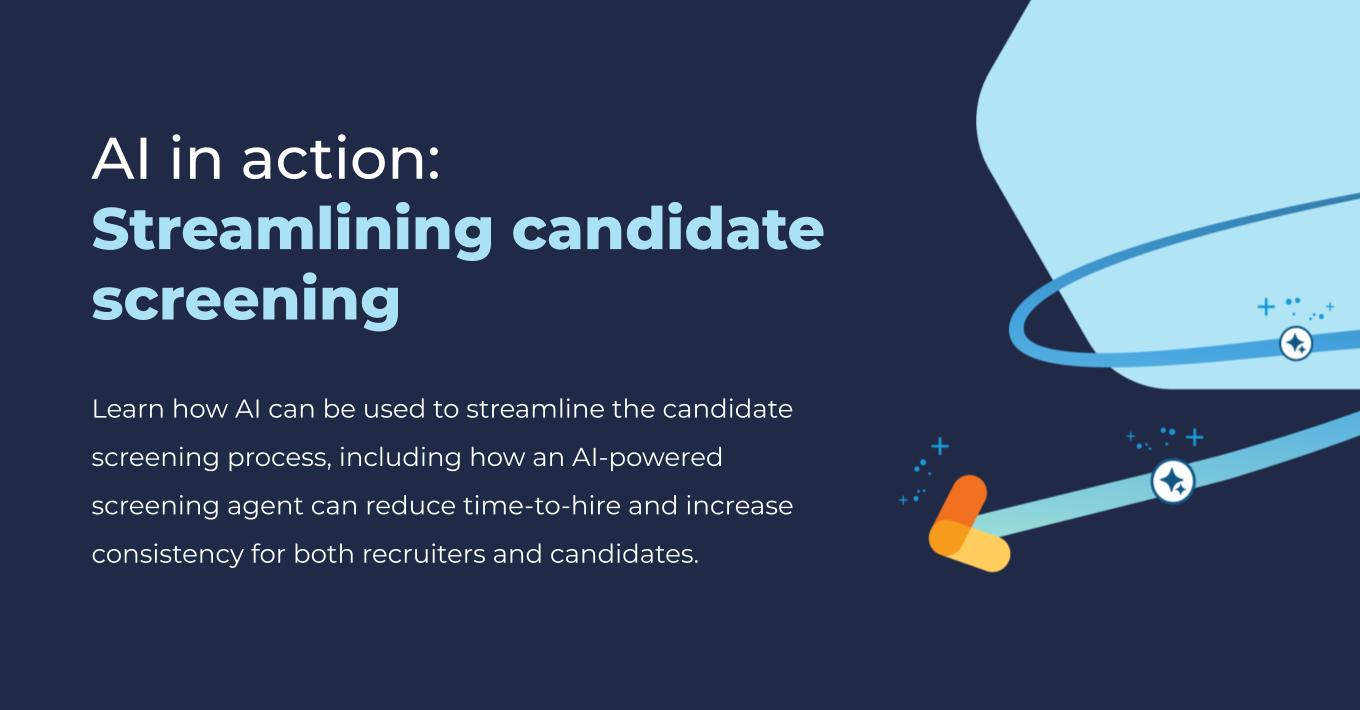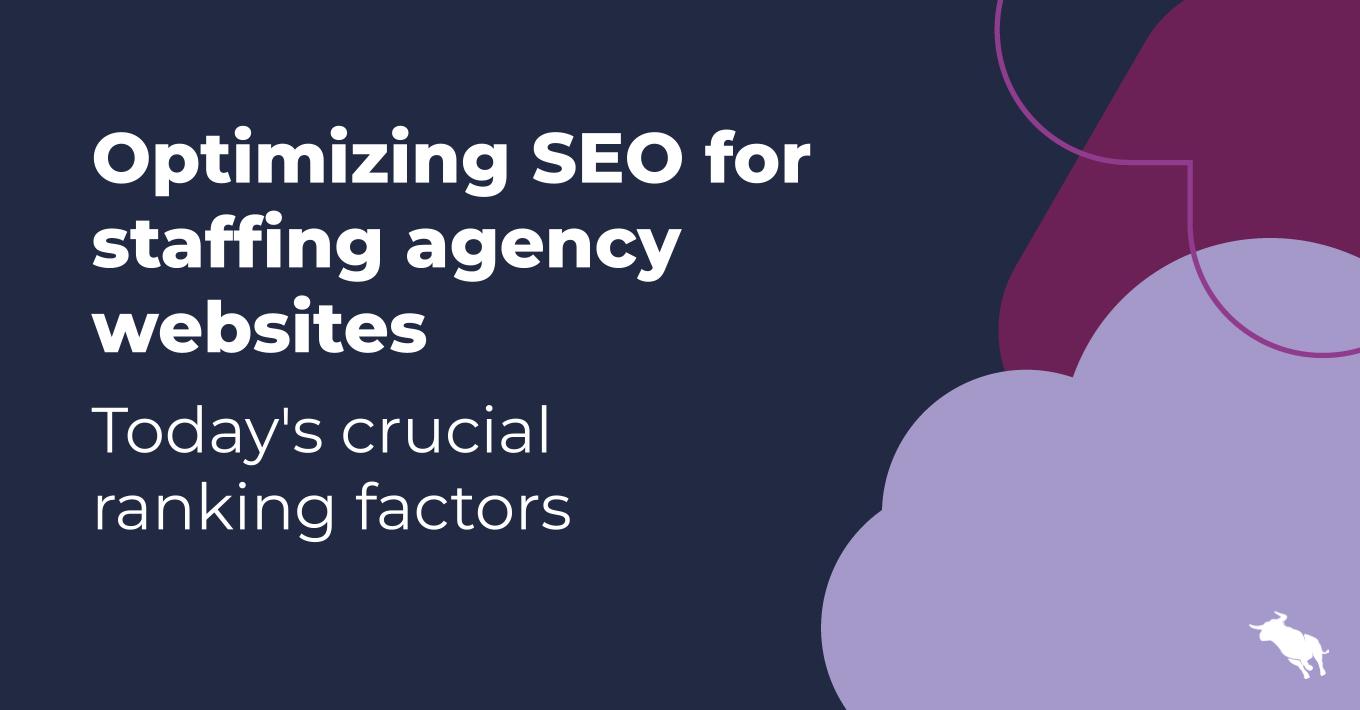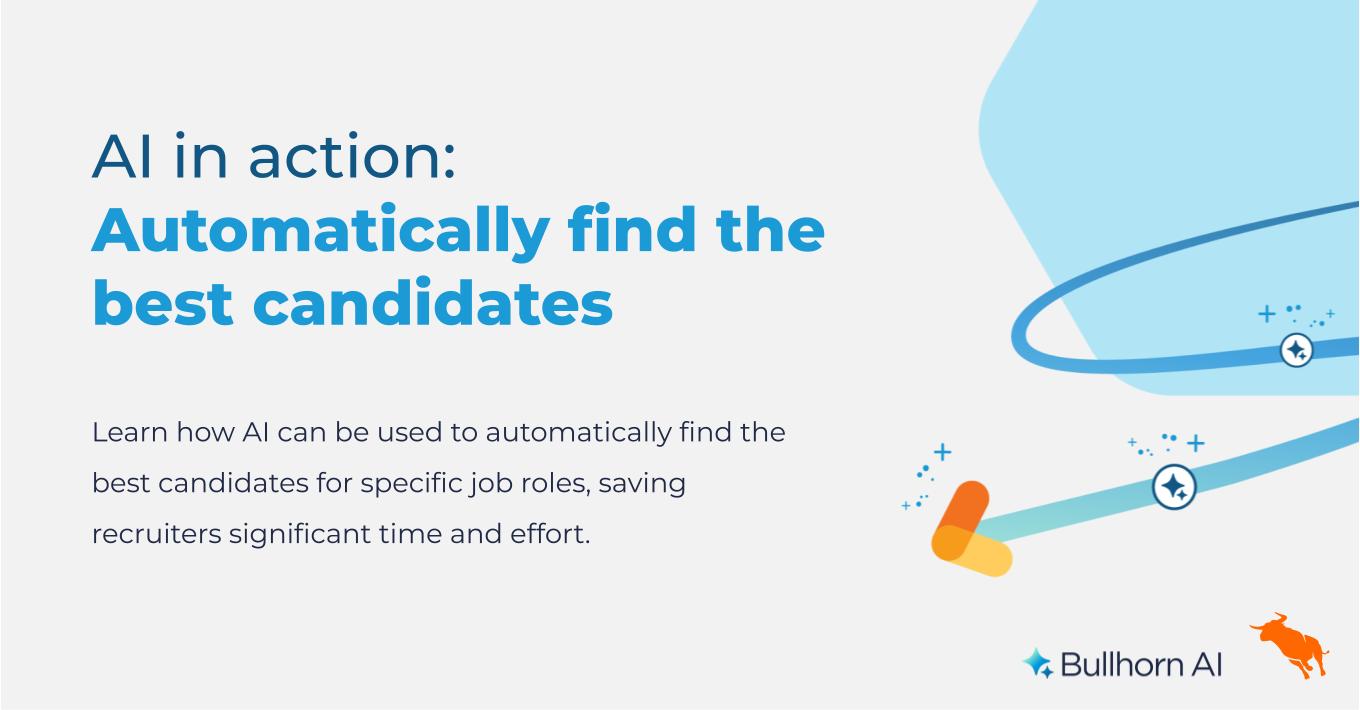Learn What Your Customers Think of You with Net Promoter Score

In the staffing industry, your success is dependent on your ability to sell—your ability to sell your services to new clients, to sell opportunities to candidates, and to sell your clients on potential candidates. It’s also very dependent on your ability to manage—to manage your existing client relationships, your candidate experiences, and your employees.
 According to the 2017 Staffing and Recruiting Trends Report, 80 percent of North American staffing firms generate 50 percent or more of their revenue from repeat client business. For many, selling is as much about managing existing client relationships as it is drumming up new business. In fact, for firms that are dependent on just a handful of clients – or even a single client – to keep them afloat, relationship management may be the single most important area of focus for your salespeople and managers.
According to the 2017 Staffing and Recruiting Trends Report, 80 percent of North American staffing firms generate 50 percent or more of their revenue from repeat client business. For many, selling is as much about managing existing client relationships as it is drumming up new business. In fact, for firms that are dependent on just a handful of clients – or even a single client – to keep them afloat, relationship management may be the single most important area of focus for your salespeople and managers.
Do you rely strictly on performance metrics and ratios (# job orders, hit rate, fill rate, repeat job orders, etc.) to gauge how well you’re servicing your clients, or do you measure your clients’ satisfaction with you and your team? Do you know if your current clients would actually recommend you to a friend or colleague? What if you have accounts at risk? Wouldn’t you like to have a way to identify them early on?
What is Net Promoter Score?
At Bullhorn, we rely on net promoter score (NPS) to understand how our customers feel about us. If you’re a Bullhorn client, you’ve likely seen a survey question pop-up when you enter the Bullhorn application, which asks you “How willing are you to recommend Bullhorn to a colleague or friend?” This single question is the most important thing you can ask your current customers—or even your candidates—to figure out how satisfied they are with your service. Calculating NPS is simple math — take the percentage of your respondents that give you a 9 or a 10 (your promoters) and subtract the % of respondents that give you a 0 through 6 (your detractors). That number is your NPS score.

For comparison purposes, consumer brands like Amazon have NPS scores in the range of 60-80. Most companies have NPS scores in the single digits and teens.
Why does NPS matter?
NPS and growth are highly correlated. According to Bain & Company, NPS can explain up to a 60% variation in organic growth between competitors.
Sales is about building relationships, but also maintaining and nurturing those relationships. Capturing a simple data point like NPS is a diagnostic for how well you’re servicing your clients, and the level of satisfaction you’re creating.
Are you using NPS?
If you get in the habit of using NPS, you’ll start to think more about your existing accounts and how to manage them better. The key is to simply get started. Begin collecting the data and then act on it. If you kick off an NPS survey and a client rates you less than a 7, pick up the phone, jump in your car or hop on a plane and ask why.
If you’re already using NPS, consider extending it out to your candidates to get feedback on the candidate experience. Or, take it even further and roll it out to your employees to gauge their level of satisfaction and willingness to refer friends and colleagues.
Want more insight into the tools you need to run a successful staffing firm? Download the Toolkit: Resources to Grow Your Staffing Firm from the Ground Up for useful resources you can use to better your firm.





